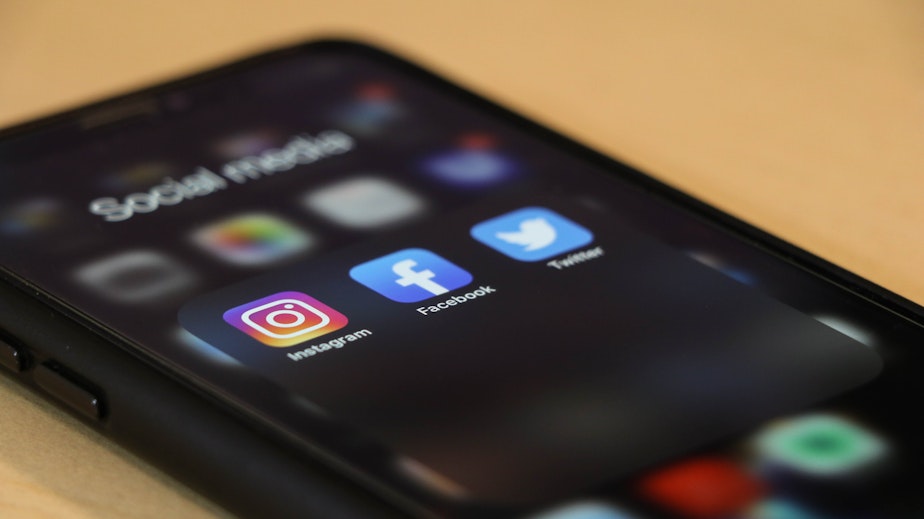Safety measures for kids on social media may become law in Washington state

Changes could be coming to how minors can use social media in Washington state.
The state Senate approved a bill late Wednesday that would put new restrictions on apps like Instagram and TikTok in an effort to address growing concern that social media contributes to the teen mental health crisis.
Senate Bill 5708 requires social media companies to estimate the age of their users “with a reasonable level of certainty” and enact new protections if they determine the user is a minor. It restricts those companies from serving minors an “addictive feed,” which the bill defines as content specifically tailored to users based on what the company knows about them.
RELATED: Bad wellness advice is all over social media. These creators are pushing back
Under the legislation, it would be illegal for social media companies to send minors push notifications between 12 a.m. and 6 a.m. and between 8 a.m. and 3 p.m. from September through May, when they're presumed to be in school. The notification blackout hours can be disabled by a parent.
“A lot of kids will admit, ‘I'm not ready for that sexual content,’” said Ravi Iyer, the managing director of the Neely Center for Ethical Leadership and Decision Making at the University of Southern California's Marshall School of Business. “'I'm not ready to be contacted by strangers. I'm not ready to control my own usage at night.’ They are saying they feel manipulated by these products. We need to help them not feel manipulated.”
Sponsored
Iyer is a former Meta data scientist and product lead who left, in part, because of the company’s struggle to address societal harms of social media. He contributed to "The Anxious Generation," which lays out the case that social media is the driving force behind rising anxiety, depression, and self-harm among kids.
“ Seventy percent of kids feel manipulated by these products,” he said. “A lot of kids will cite things like TikTok as stopping them from sleeping. Half of kids will say that they have a problem with too much internet use. A lot of them will also say that it affects their studies; it affects their sleep. So we're not just doing this because we think that kids should not be using these products. Kids themselves will often say they think that they're using these products too much.”
RELATED: Immigrants are being swamped with social media rumors about possible raids
The bill also requires social media companies that operate “addictive feeds” to create features allowing users of any age to limit their own use of the app. Under the legislation, users would be able to set their own notification blackout hours and hide likes and comments on posts. They would also be able to change the settings on their apps so that the feed is a traditional timeline that shows content in the order it was posted, rather than by a recommendation algorithm.
At a hearing on the bill, Meta’s Jennifer Hanley expressed concern that the bill would extend restrictions beyond minors. She warned it could have unintended consequences, and said Meta is already taking steps to address concerns about teen usage.
Sponsored
“ Meta recently launched Instagram's teen accounts, which include built in protections to notify teens to leave the app after 60 minutes of daily use, and sleep mode, which mutes notifications overnight,” she said. “We default teens into our sensitive content control, and we're testing features that let people reset their recommendations.”
The bill now heads to the state House for consideration. It must clear both houses and a full floor vote before becoming law.
RELATED: How will Australia's under-16 social media ban work? We asked the law's enforcer




